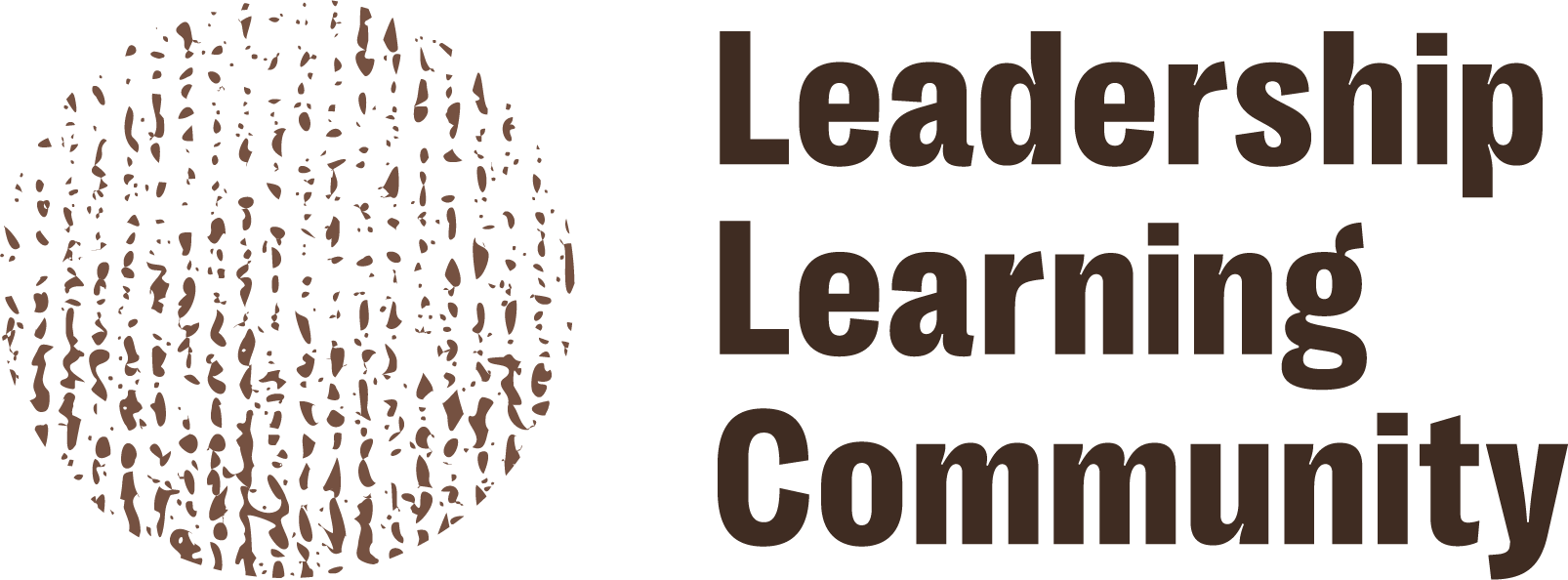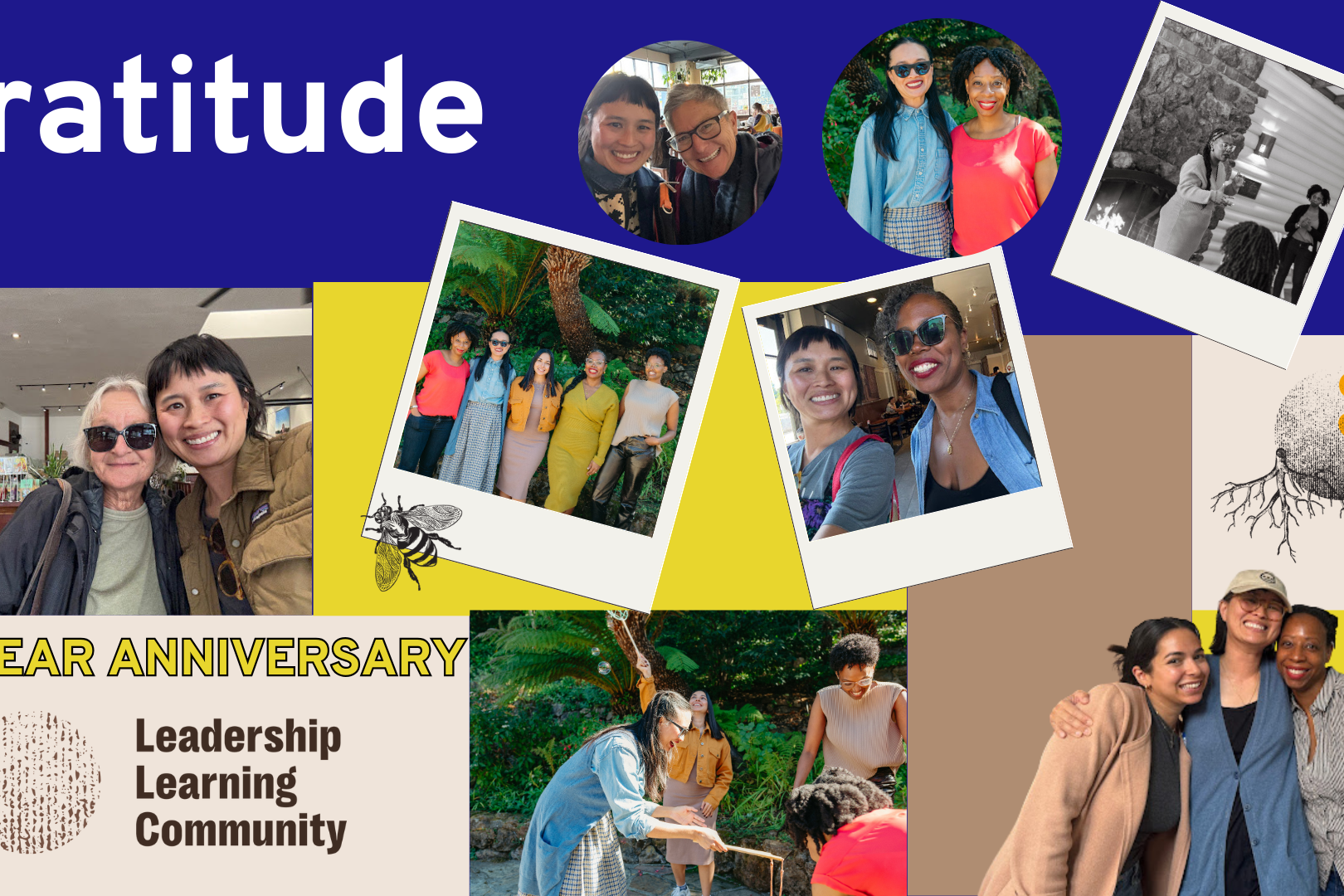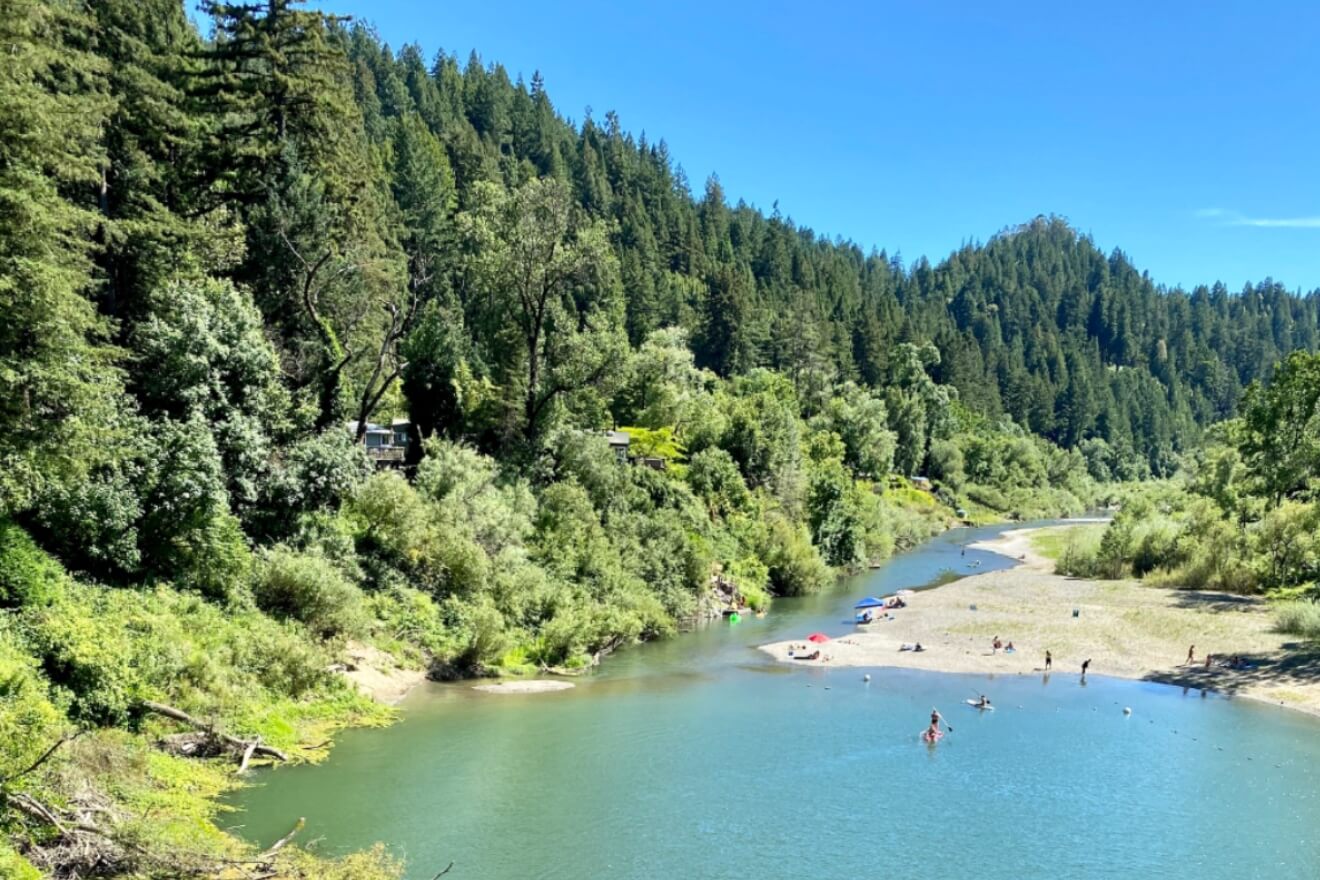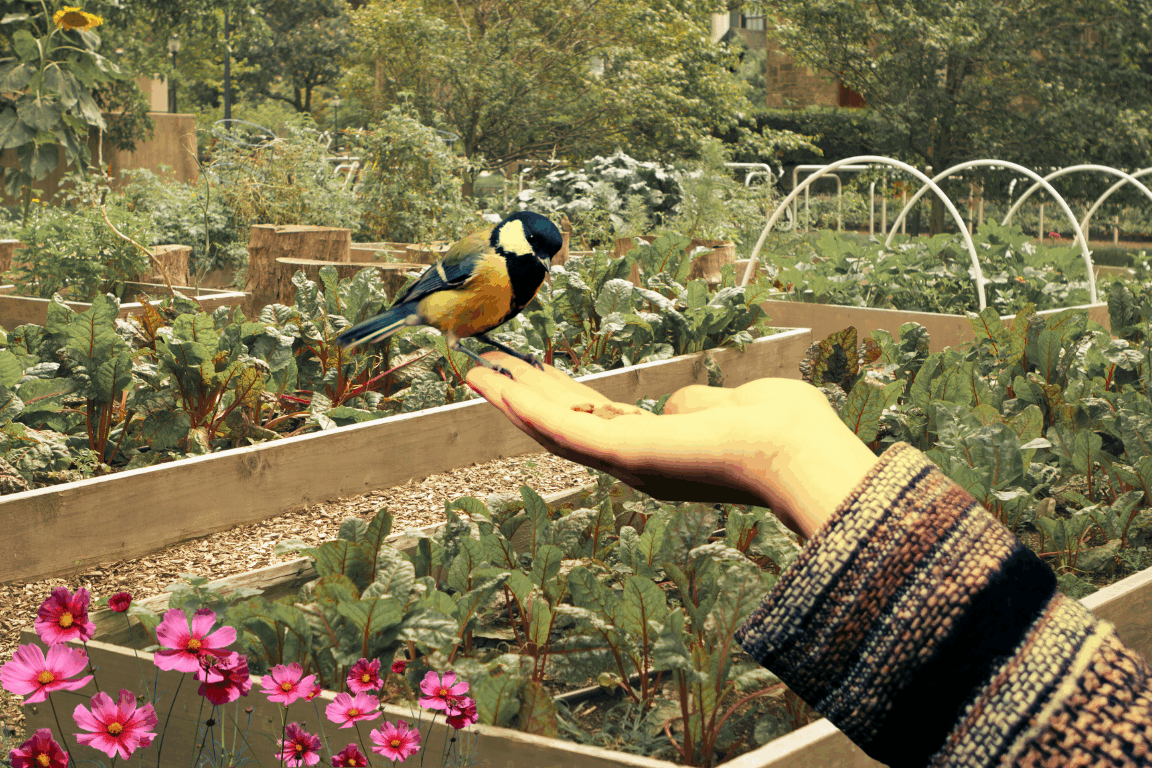Blog is part of the Whole Communities Newsletter “All Black Everything”
My support comes from breathing. It took serving as a caregiver, losing my mom, living through a global pandemic, and carrying the weight of collective grief for me to recognize that I needed to learn how to breathe. Looking back, my breathing was often paused, up high in my chest, and by habit, my mouth was the airway of choice. My shoulders were regularly up to my ears, my sleeping pattern was irregular, and I had headaches that I blamed on allergies. I knew innately that I needed to make a shift and turned to using aromatherapy, specifically in the shower, where I could take advantage of the steam. Looking back, I believe this was my body’s way of reminding me and leading me back to my breath. My first home.
These days, when my alarm goes off, instead of losing track of how many times I’ve hit snooze, I start it by focusing on my breathing. Taking in air through my nose for a count of six, pausing, and letting it out, again through my nose, for one-two-three-four-five-six. On an emotional level, this simple but powerful act of awareness has become part of my gratitude practice while providing me with a quiet pause. It has also provided my nervous system with regulation and given me a way to navigate life’s waters…be they choppy or smooth.
Daily breathwork sessions serve as a reset button, allowing me to release stress and regain focus or even tap into extra energy. Techniques like box breathing or bee breathing are simple yet powerful tools that can be integrated into a busy day. These practices enhance my well-being and improve my ability to support others effectively. When I’m clear and settled within my body, others benefit.
The breath is free, it’s accessible, and it can be free-ing. As a leader and breathwork practitioner, I continue to be in awe of the profound impact of breathwork when practiced in community. I belong to an education and practice-based breathwork community whose foundation is steeped in the wisdom of Sankofa and Ubuntu, knowledge from indigenous practices, eastern and western medicine, science, and an embracing belief that there are some aspects of the body that we just don’t have figured out. It embraces the connection between the breath and all living things and has left me and those I practice with open and curious to the lessons that nature can teach us. I consider Sankofa to be a lesson in how we can unlearn breathing patterns that no longer serve our body and return to our natural, wise breath.
Community leadership, especially during challenging times, can feel overwhelming. The price our bodies pay when kept in a constant state of stress, fight or flight, is costly. Practicing breathing in community has the ability to serve as a pathway to finding support, processing grief, reclaiming health, and activating joy. It makes space for all the feelings! Similar to breaking bread, breathing in community has been an expansive and special way that I have connected with others. Joining a community of breathwork practitioners has also provided a space to share experiences, learn from others, and find encouragement.
Breathwork can be a site of joy and freedom dreaming. Amidst the challenges that life throws at us, finding joy is crucial. Joy is not a denial of reality but a necessary element of resilience. Breathwork has anchored me in moments of joy and provided mending practices that restore my spirit and lead me to dream big.
Simple breathwork exercises, like mindful breathing or gratitude breaths, have become rituals. These practices ground me, reminding me of the beauty in small moments, and provide me with clarity for noticing life. There is so much more to breathwork than inhaling and exhaling, breaths can be powerful acts of joy and mending.
One practice that has been particularly meaningful is combining breathwork with journaling. After a breathwork session, I like to take a few moments to write down my thoughts and feelings. This process helps me integrate the insights and images gained while consciously breathing and bring with them a deeper sense of mindfulness.
I encourage anyone to explore breathwork. Whether you are a community leader or someone seeking peace within, returning to the wisdom of your breath and body has the ability to take you to a place of hope, health, and resilience. Some days, that’s all we can control. Take time to breathe naturally, dream freely, and give thanks for being able to.
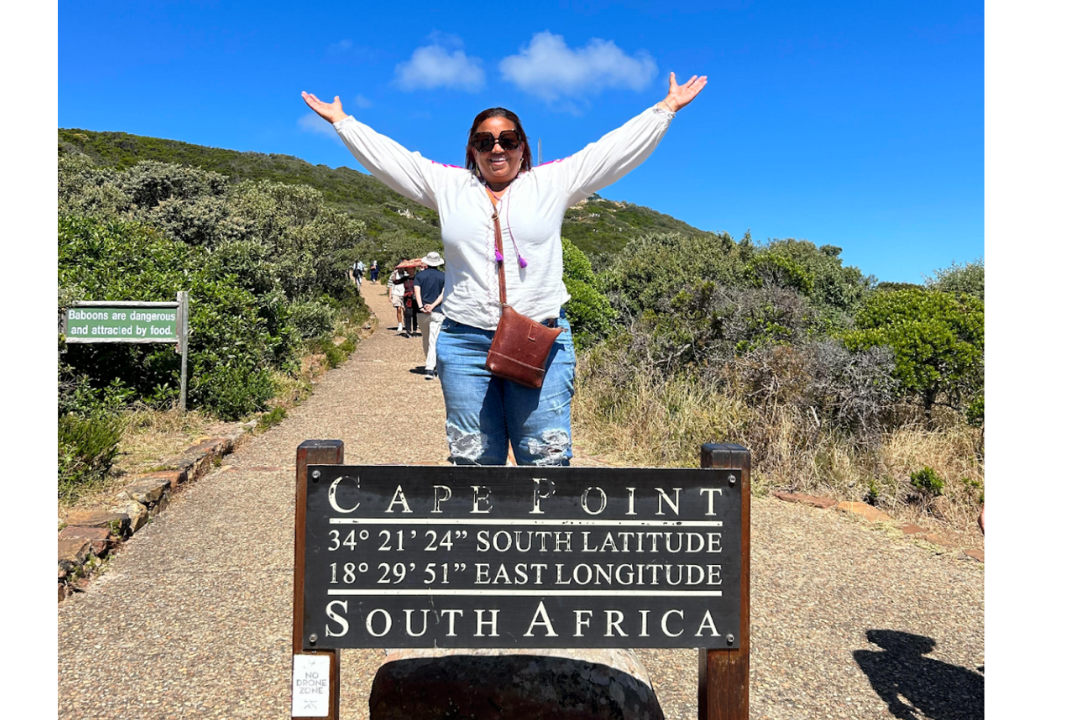
Julie is an advanced breathwork practitioner (in-training), educator, entrepreneur, and self-published author of an interactive reflection journal. She loves encouraging leaders to reflect on their milestones and reimagine them as forms of wealth, which she does using a framework she’s developed. She is professionally certified through the Trauma of Money and is committed to digging into the many ways in which that important work intersects with her other roles and passions. Julie has visited over 40 countries and draws inspiration from–while giving immense gratitude to–her mother and other female ancestors for passing on a love of learning through exposure and with a Phoenix-like spirit.
Related Posts
December 15, 2025
LLC’s 2025 Celebrations
July 21, 2025
